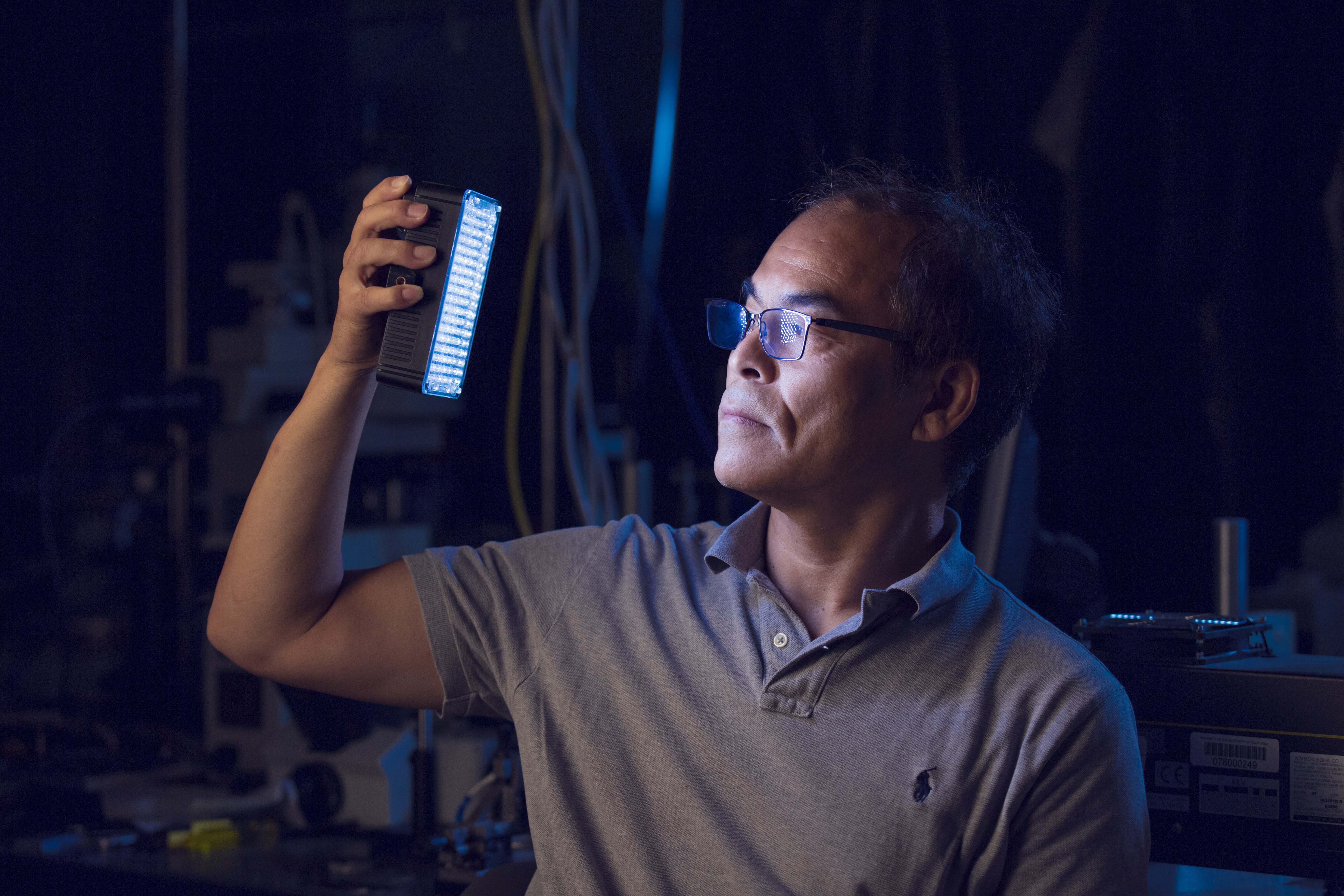National LED Light Day

October 7th marks National LED Light Day, a celebration of one of the most significant advancements in lighting technology. LEDs, or light-emitting diodes, have transformed how we illuminate our world, offering incredible efficiency and minimal environmental impact. These small but powerful devices use 90% less energy than traditional light sources, making them a cornerstone of energy conservation efforts worldwide.
LEDs are celebrated not only for their efficiency but also for their longevity and versatility. They have become integral in various applications, from household lighting to large-scale industrial uses. By reducing energy consumption, LEDs contribute significantly to lowering greenhouse gas emissions, aligning perfectly with global sustainability goals.
As we celebrate the benefits of LED technology, it's essential to recognize the groundbreaking work of Shuji Nakamura, a Nobel Laureate and long-time professor at the University of California, Santa Barbara (UCSB). Nakamura's pioneering discovery of the blue LED was a revolutionary breakthrough that enabled the creation of white LED light. This innovation has paved the way for brighter, more energy-efficient lighting solutions that are now ubiquitous in homes and businesses around the globe.
The development of LED technology exemplifies how scientific innovation can lead to practical solutions that benefit society and the environment. As we honor National LED Light Day, we also celebrate the ongoing research and development efforts that continue to improve energy efficiency technologies. These advancements promise a future where sustainable practices are seamlessly integrated into our daily lives.
Join us in recognizing the remarkable achievements in LED technology and the visionary scientists like Shuji Nakamura who have made these advancements possible. Their work not only illuminates our present but also lights the path toward a more sustainable future.
Image Credit: Matt Perko, UCSB